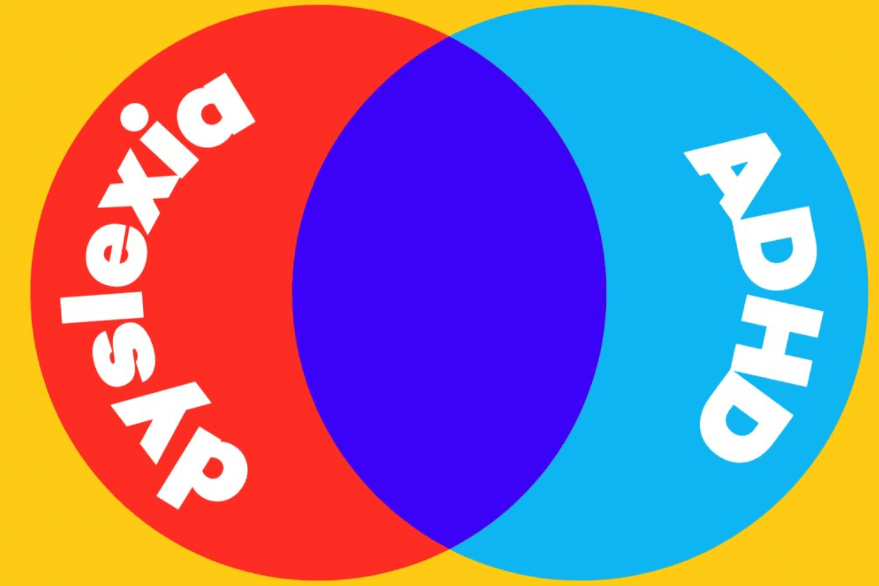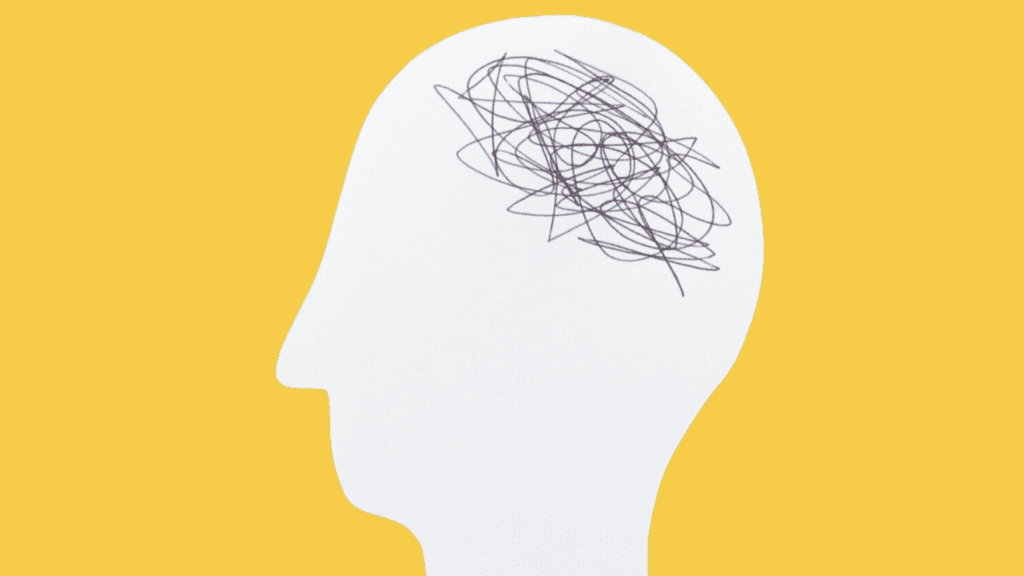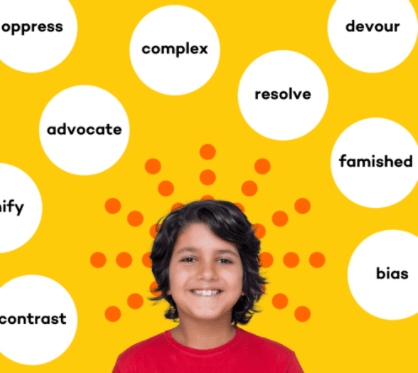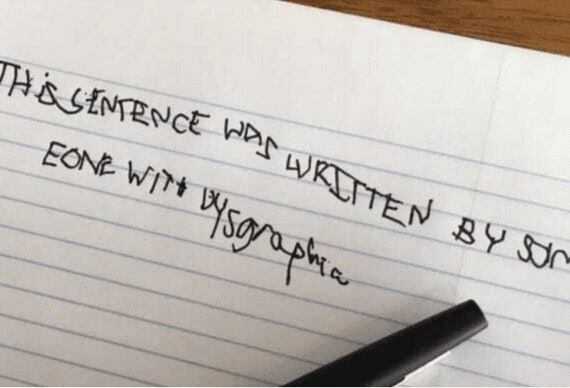
ADHD and Dyslexia are very different disabilities. Dyslexia is a learning disability that affects students’ ability to read and write. ADHD is a neurological disability that affects executive functions like organization and focus. So if they’re so different, then why do the symptoms often look so similar?
Common Symptoms:
Distraction
Both disabilities can cause students to become distracted during academics. In students with ADHD, the brain has difficulty sustaining focus for long periods of time on topics that are not of interest. This causes the child’s focus to shift frequently from one thing to another.
In students who have dyslexia, reading often requires a tremendous amount of effort and energy. In these cases, students often experience low stamina due to all of the effort they’ve put forth, which makes it difficult to sustain focus for longer periods of time.
Although there are very different things happening in these two brains, they both result in the child needing a break to rest periodically in order to continue being productive.
Reading Fluency
Students with dyslexia have trouble with fluency because they have difficulty sounding out words or retaining sight words, making them read at a slow pace.
Because of the aforementioned challenges with focus, ADHD can cause students to lose their place. They may have difficulty concentrating from one sentence to the next, making it hard for them to self-monitor for meaning and emphasis. Plus, they’ll sometimes skip over words while they read. Together, these behaviors lead to a lack of reading fluency.
Issues with writing
While dyslexia is primarily a reading disability, it affects writing, too. In the same way that students with dyslexia struggle with decoding, they have a hard time with encoding (spelling). They also often have trouble writing legibly. This is either a result of sloppy writing in general, or poor letter formation. Dyslexia can also cause challenges with developing and organizing ideas in the planning and execution stage of the writing process.
Students with ADHD also struggle with both the content and the organization of their writing. They’ll often jump right into a piece of writing, without any sort of planning. And they are often very resistant to revising and editing their work.
This can make the writing of a student with ADHD look quite similar to that of a student with dyslexia.
In Conclusion
ADHD and dyslexia are both conditions that affect students’ executive functions, so the symptoms often appear similar. They are also both neurobehavioral disorders. In general, ADHD impacts behaviors across settings, while dyslexia primarily affects activities that involve reading and writing. But since reading and writing are so interdisciplinary, it can still be hard to tell the two apart.
If you have concerns that your child may have dyslexia and/or ADHD, the best first step is to reach out to your child’s teacher. While they won’t be able to diagnose, they can discuss your concerns with you and put you in touch with someone who can evaluate your child and help get him the support he needs.




